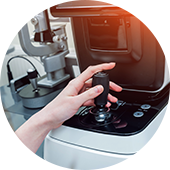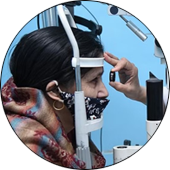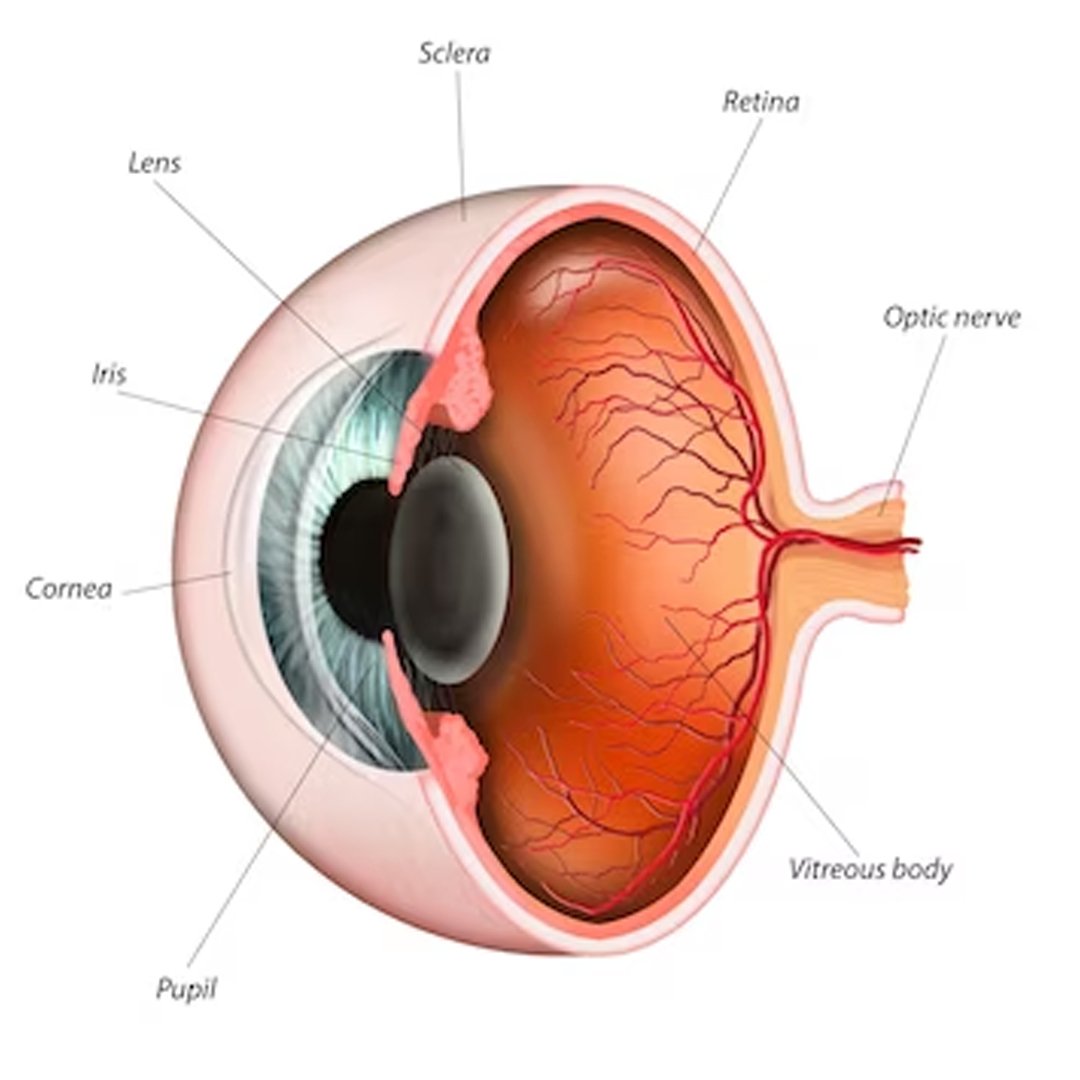- Email: Sushil_60@yahoo.com
- 4/15, sector -5, rajendra nagar
- Call: +91 98100 32030
Glaucoma Surgay

20
Years of Experience in This Field
The Great Place Of New Vision Eye and Medical Care. Best Eye Care Clinic in Ghaziabad.
"The Great Place Of New Vision Eye and Medical Care" is the premier Eye Care Clinic in Ghaziabad, dedicated to providing top-notch medical and eye care services to the community. Our mission is to offer comprehensive, compassionate, and state-of-the-art eye care to improve the vision and overall well-being of our patients.
Our Mission
- High-quality work
- Innovation and Research
- Rapid response times
Our Vision
- Best Price
- Best Treatment
- Emergency solutions
What is Glaucoma Surgery?
Glaucoma surgery is a medical procedure performed to treat and manage glaucoma, a group of eye conditions characterized by increased intraocular pressure (pressure within the eye) that can damage the optic nerve and lead to vision loss. The main goal of glaucoma surgery is to reduce this intraocular pressure and slow down or halt the progression of the disease, thereby preserving the patient's vision.
There are several different types of glaucoma surgery, and the choice of procedure depends on the specific needs and condition of the patient. Some common types of glaucoma surgery include:
Trabeculectomy: This is one of the most traditional glaucoma surgeries and involves creating a small drainage channel to allow excess aqueous humor (the clear fluid in the eye) to exit the eye, thereby reducing intraocular pressure.
Tube shunt surgery: In this procedure, a small tube or shunt is implanted in the eye to create a pathway for excess fluid to drain, effectively lowering intraocular pressure.
Laser procedures: There are several laser-based surgeries for glaucoma, including trabeculoplasty and iridotomy. These procedures can help improve the drainage of aqueous humor and reduce pressure.

Minimally invasive glaucoma surgery (MIGS): MIGS procedures are a newer approach to managing glaucoma and are less invasive than traditional surgeries. They typically involve the use of tiny devices or micro-stents to enhance the drainage of fluid and lower intraocular pressure.
Cyclodestructive procedures: These surgeries involve destroying a portion of the ciliary body, which produces aqueous humor. By reducing its ability to produce fluid, these procedures can lower intraocular pressure.
The choice of surgery depends on various factors, including the type and severity of glaucoma, the patient's overall health, and the surgeon's expertise. Glaucoma surgery is typically recommended when other treatments, such as medication and laser therapy, have not effectively controlled intraocular pressure. While glaucoma surgery can be highly effective in reducing pressure and preserving vision, it may have associated risks and complications, so it should be carefully considered and discussed with an ophthalmologist. After the surgery, regular follow-up appointments are essential to monitor the patient's eye health and ensure the long-term success of the procedure.
A Global Leader, Treatment
of eye Disease

Heart Disease
Heart disease, also known as cardiovascular disease, refers to a group of conditions that affect the heart and blood vessels. It can encompass various disorders such as coronary artery disease, heart failure, arrhythmias, and valvular diseases.

Pediatric Ophthalmology
Pediatric ophthalmology is a medical specialty focused on the diagnosis and treatment of eye and vision problems in children, from infancy to adolescence.

Lenses Transitions
Transition lenses are a type of eyeglass lens that automatically adjusts their tint in response to changing light conditions. They darken when exposed to UV light and become clear indoors.
How it Helps You to
Keep Healthy

Get Appointment
+91 98100 32030

Start Check-Up
Begin Your Journey to Better Health Today: Start Your Check-Up!

Enjoy Healthy Life
Embrace Wellness: Enjoy a Healthier Life!
Does Glaucoma Surgery Improve Eyesight?
The primary goal of glaucoma surgery is not to improve eyesight but rather to preserve the remaining vision and prevent further loss caused by elevated intraocular pressure associated with glaucoma. Glaucoma is a progressive eye disease that damages the optic nerve, leading to vision loss, and the increased intraocular pressure is a major risk factor for this damage.
Glaucoma surgery is aimed at reducing intraocular pressure (IOP) and slowing down the progression of the disease. By lowering IOP, the surgery can help protect the optic nerve and potentially prevent additional vision loss. However, it's important to understand that any vision loss that has already occurred before the surgery is unlikely to be reversed.
The impact of glaucoma surgery on a patient's vision can vary depending on the type of glaucoma, the severity of the disease, and the success of the surgical procedure. In some cases, individuals may experience improved peripheral vision or a halt in further deterioration, which can be seen as a preservation of eyesight. Nevertheless, the main aim of glaucoma surgery is not to enhance vision but to maintain the existing vision and prevent further damage.

It's crucial for individuals with glaucoma to work closely with their ophthalmologist or glaucoma specialist to determine the most appropriate treatment plan, which may include surgery, medications, laser therapy, or a combination of these, to manage their condition and protect their vision. Regular follow-up visits and adherence to the recommended treatment plan are essential for effectively managing glaucoma and minimizing the risk of vision loss.

